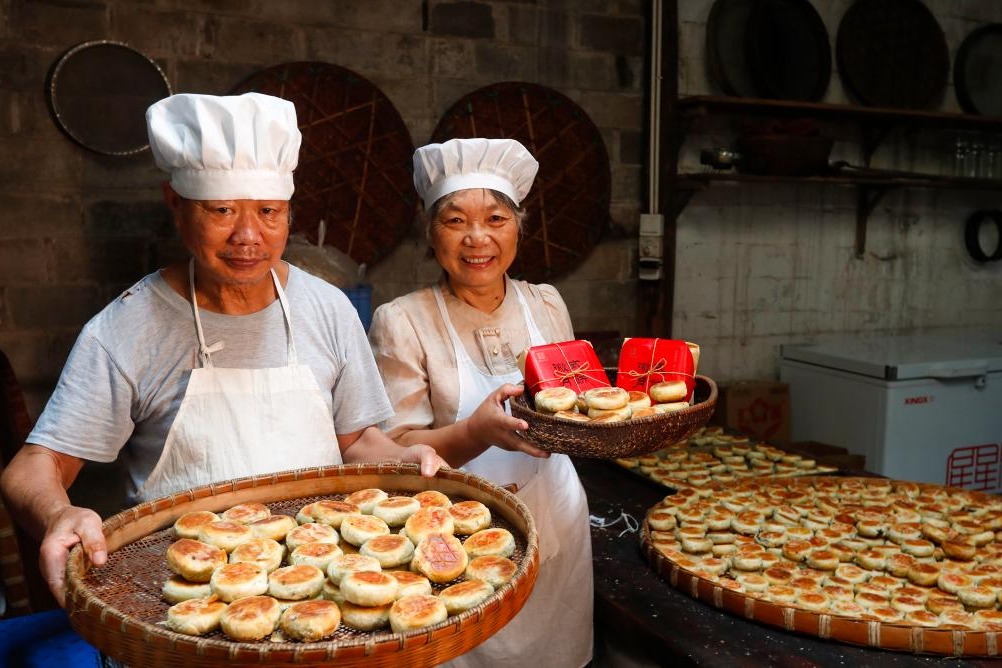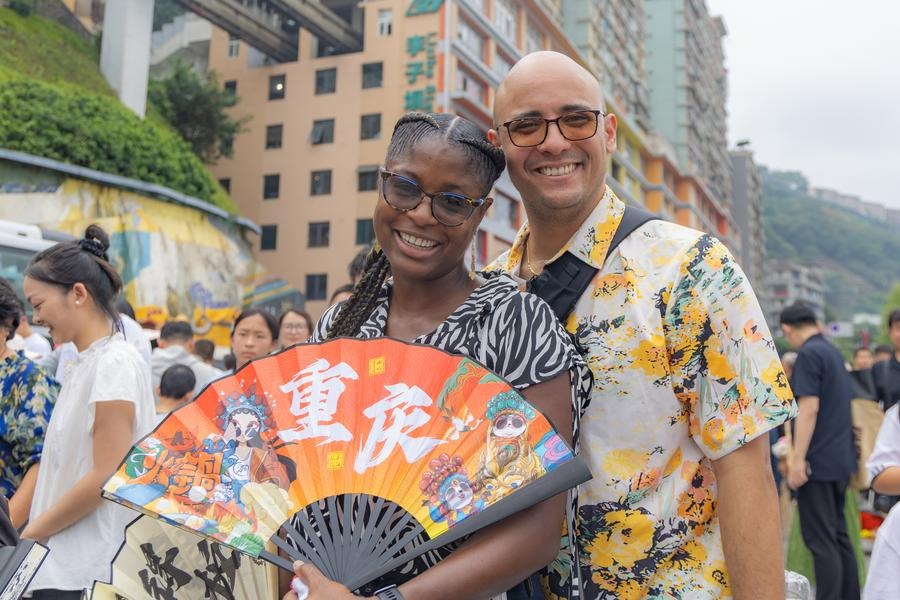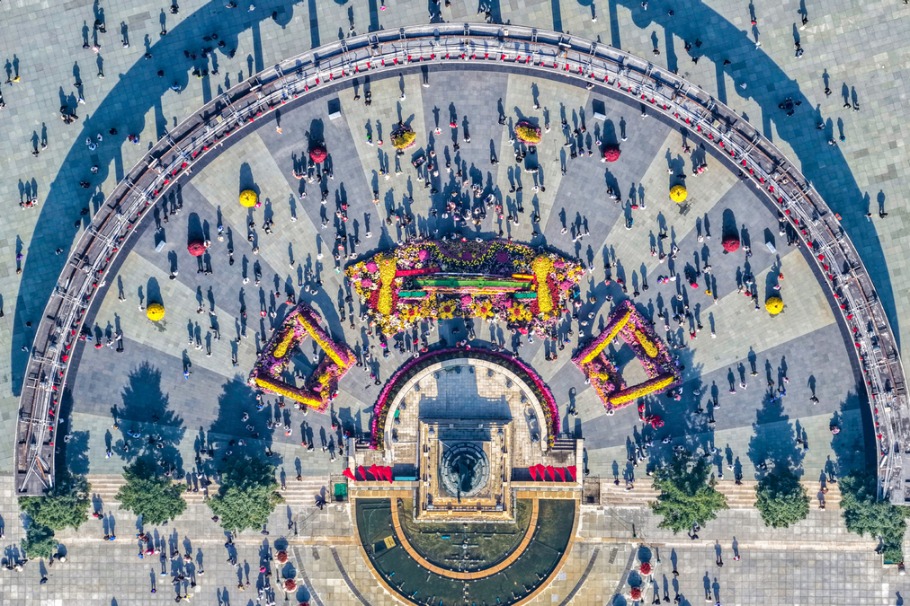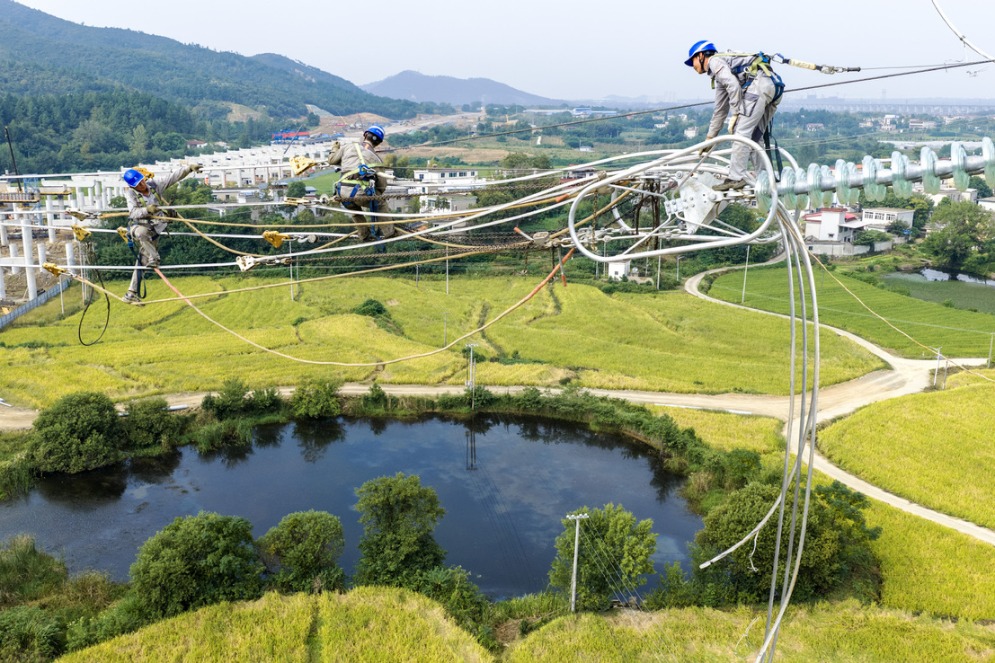Internships help develop new talent

In recent years, the Chinese mainland and Hong Kong have expanded cultural, scientific, career-oriented and hobby-related exchanges for young people to provide opportunities to deepen their understanding of traditional culture and facilitate social integration and progress.
Hong Kong's Home Affairs Bureau has joined with the Palace Museum, aka the Forbidden City, in Beijing, the Wolong National Nature Reserve in Sichuan province, and the Chinese Academy of Sciences to organize themed internship programs.
The projects are aimed at expanding young people's knowledge of relevant disciplines and professional fields, and deepen their understanding of the country's development on a number of fronts.
In June last year and June this year, 69 students from universities in Hong Kong had summer internships at CAS, studying artificial intelligence, smart robotics, autonomous driving and other advanced subjects.
The internships were organized by Hong Kong's Home Affairs Bureau, the Bureau of Science Communication at CAS and the Intelligence Science and Technology Popularization Alliance.
In April last year, Hong Kong established the Youth Development Commission to broaden the horizons of young people in the city and allocate resources to youth development programs.
The commission - first mentioned by Carrie Lam Cheng Yuet-ngor, chief executive of the Hong Kong Special Administrative Region, in the 2017 Policy Address - has approved hundreds of youth internships and exchange programs to the mainland.
About 350 projects, including those in fields such as traditional culture, ecology, science, film and sports are included in the Funding Scheme for Youth Exchanges in the Mainland 2019-20. The programs aim to enhance young people's awareness of their home country and strengthen their sense of national identity.
The 2018 HKSAR Policy Address noted that every year more than 70,000 young people from the city participate in exchanges and internship programs on the mainland and overseas, all of which are organized, funded or coordinated by the city government.
In May, Hong Kong's Education Bureau published a list of 33 exchange programs, including exploration tours of cities in the Guangdong-Hong Kong-Macao Greater Bay Area, aiming to give students more information about the opportunities available in Bay Area cities.
Since 2009, the Guangdong Provincial Department of Culture and Tourism, the Higher Education Bureau of the Macao Special Administrative Region and Hong Kong's Home Affairs Bureau have organized the Guangdong-Hong Kong-Macao Youth Cultural Exchange Program. To date, more than 1,000 young people have participated in it.
Guangdong, at the forefront of a number of collaborations with Hong Kong and Macao, is actively providing platforms for youth development.
In May, the governments of Guangdong, Hong Kong and Macao awarded the first batch of 13 youth innovation and entrepreneurship bases. They plan to provide more support in terms of funding and policies in the future.
- 5 dead after entering abandoned mine in East China
- Andersson seizes victory in Shanghai F1H2O showdown
- Red alert as Typhoon Matmo makes landfall in South China
- New reception hall aims to transform Guangzhou into international trade hub
- Typhoon Matmo to make landfall on Sunday
- Mid-Autumn Festival event promotes cross-Strait harmony in Fuzhou





































